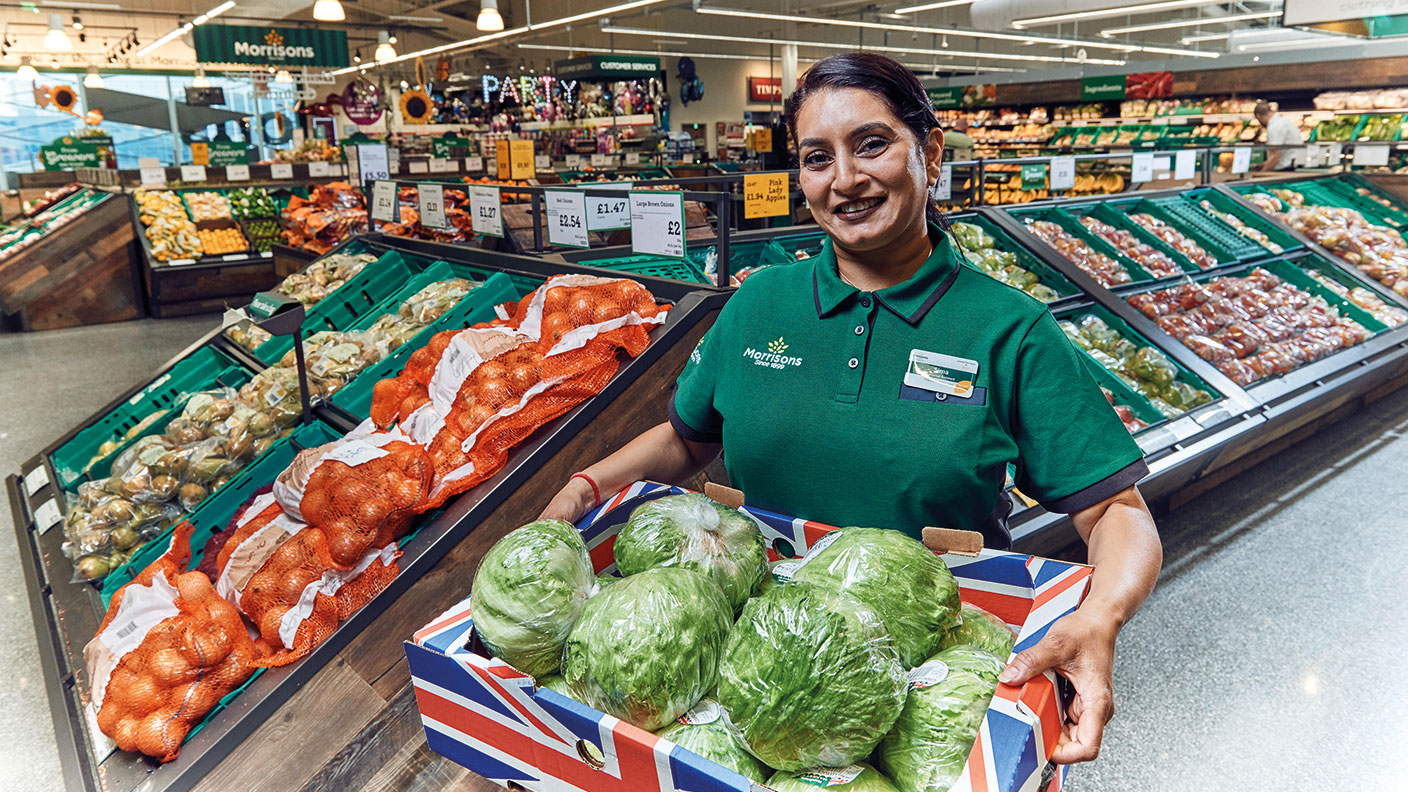British supermarket Morrisons, now under the leadership of CEO Rami Baitieh since November, has announced its seventh consecutive quarter of underlying sales growth.
Owned by U.S. private equity firm Clayton, Dubilier & Rice since 2021, Morrisons revealed a 4.6% increase in like-for-like sales, excluding fuel and VAT, for the fiscal quarter ending January 28, marking its most robust quarterly growth in three years.
The company’s total revenue, minus fuel sales, climbed 3.9% to £3.9 billion ($4.92 billion).
Baitieh, the former head of Carrefour France, emphasized the company’s ongoing improvements, stating, “Across the business, we have identified many areas where we can raise our game and make small improvements which collectively will result in a significantly enhanced shopping experience for our customers.”
He highlighted achievements in product availability and innovation, alongside a reduction in waste.
Notably, Baitieh pointed out that customer complaints have dropped nearly 60% in the last 20 weeks, underscoring the positive impact of these changes on customer satisfaction.
Despite these advancements, Morrisons is facing challenges in maintaining its market share against competitors like Tesco, Sainsbury’s, and discount chains Aldi and Lidl.
According to Kantar, Morrisons’ market share decreased slightly to 8.7% in the 12 weeks leading up to March 7.
The company concluded its 2022-23 financial year with a debt of approximately £5.5 billion, with the burden of interest payments affecting its competitive edge.
In response to these pressures, Morrisons has initiated strategies to match the prices of discounters on numerous products and sold its petrol station business in January.
Unique among its rivals, Morrisons produces half of the fresh food it sells, a distinction that sets it apart in the supermarket sector.
Looking ahead, Baitieh outlined new growth plans focusing on wholesale, convenience, franchise, export markets, and global sourcing.
These strategies represent the company’s commitment to not only addressing its current challenges but also securing its future growth and competitiveness in the evolving retail landscape.


